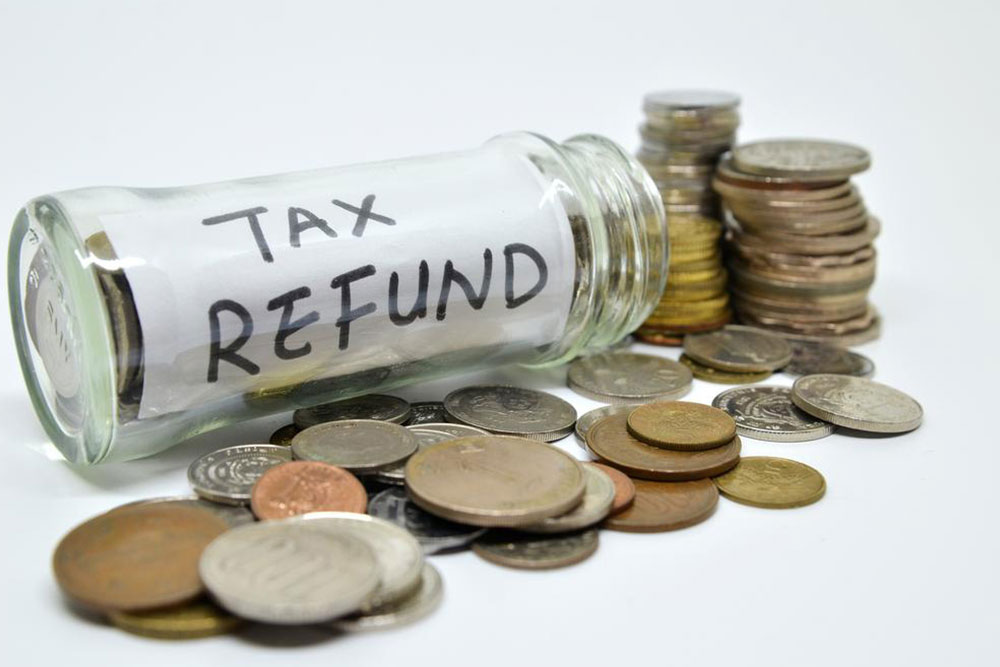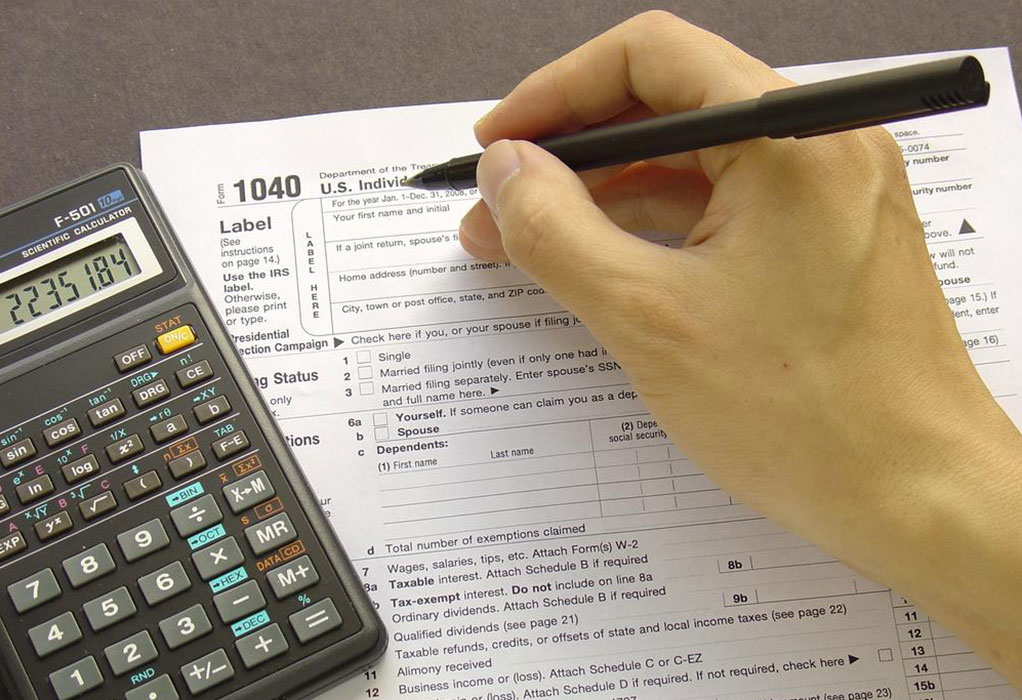Comprehensive Guide to Tax Refunds and How to Maximize Them
This comprehensive guide explains the essentials of tax refunds, including eligibility, tracking, and maximizing your refund. It highlights important steps like early filing, document management, and professional advice to ensure you receive and utilize your refund effectively, helping improve your financial stability.

Comprehensive Guide to Tax Refunds and How to Maximize Them
If you end up paying more in taxes than you owe, you're entitled to a tax refund, which is a reimbursement from the government for the excess amount paid.
Who qualifies for a tax refund?
Any taxpayer who has overpaid their taxes during the year can claim a refund. To do so, it is essential to file your income tax return promptly. The refund amount can help support your financial needs, and you can estimate it using a tax refund calculator.
How to track your refund?
Monitoring your refund status allows for better financial planning. Keep track of relevant documents such as property tax receipts, student loan interest forms, charitable donation records, and other tax-related paperwork throughout the year. Starting early with tax preparation can maximize eligibility for credits. Filing early also expedites the process.
If you're unsure about handling your taxes, consulting a professional can be beneficial. If you don't receive the full refund amount, you have the option to amend your return within 36 months of the original filing date.
Where is your refund?
Most refunds, around 90%, are processed within 21 days of filing. You can track your refund online and choose between receiving a check or an electronic transfer. Keep in mind, outstanding debts like student loans can delay your refund, as the IRS may withhold your payment until debts are settled. The timing and amount of your refund depend on your financial situation and tax filings.
Once you obtain your refund, consider using it wisely to improve your financial health.










